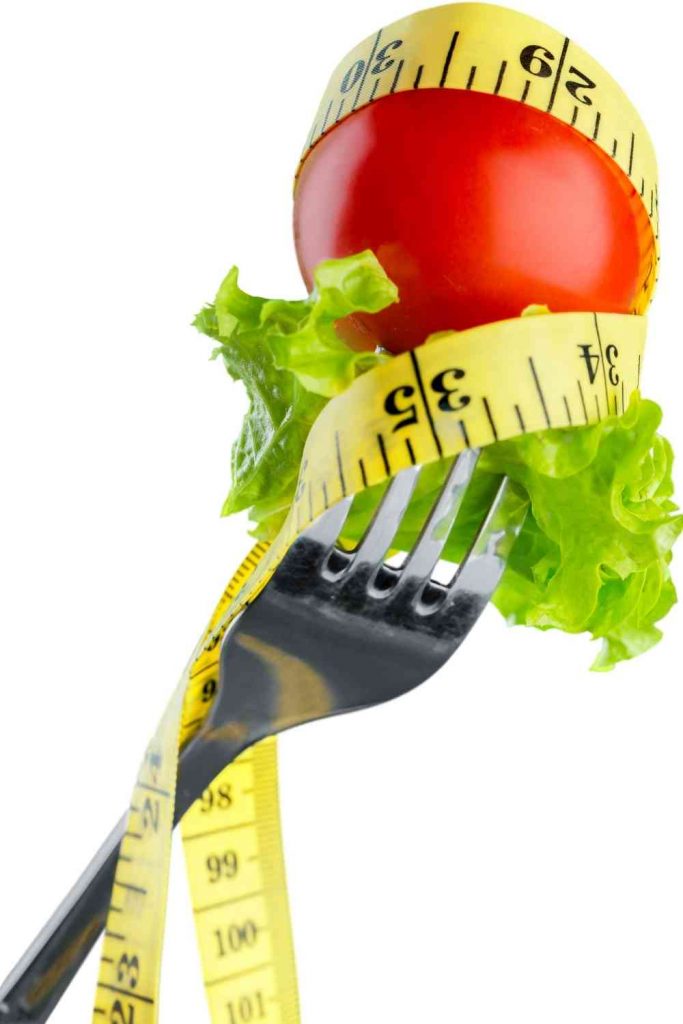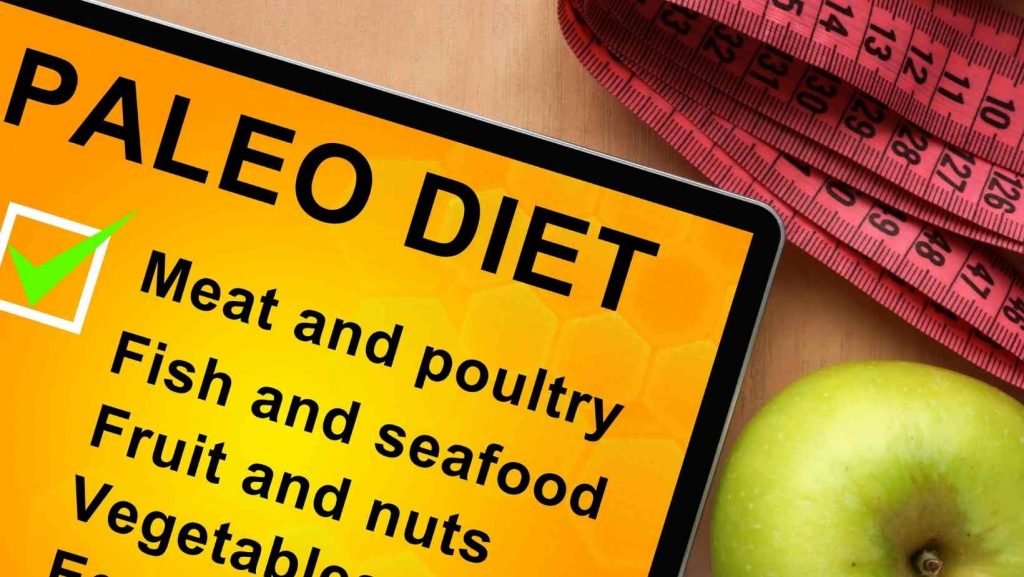The Paleo diet, which knocked out the juice cleanse diet and the Mediterranean diet, was the most studied diet online in 2014, according to Google's annual Zeitgeist list—a collection of societal trends based on what people are looking for on the Internet.
What is the Paleo Diet, and how does it work?
It is largely a low-carb diet that discourages the use of grains. Grass-fed meat, fish, poultry, eggs, vegetables, fruits, nuts, and seeds are the mainstays of the diet, with dairy, wheat, maize, rice, sugar, alcohol, potatoes, legumes, and processed oils being avoided.

Does this diet truly result in weight reduction, despite the obvious rise in mouse clicks and Paleo-friendly restaurants?
Is the Paleo Diet Effective?
Yes, in general, assuming followers properly stick to the low-carb protocol. Ten obese postmenopausal women were put on a rigorous Paleo diet for five weeks in research done at Umea University in Sweden in 2013. At the conclusion of the study, the average weight loss was over 10 pounds, with a waist circumference reduction of 3.1 inches. Furthermore, liver fat, a key risk factor for metabolic illness, was reduced by 49% on average. A two-year Paleo diet experiment with the same demographic group had comparable outcomes.
read also: A Guide To Low-Carb & Keto Diet Cheating
Other Paleo research with a smaller scope has shown similar results. For three months, 13 patients with Type 2 diabetes were randomly assigned to either a Paleo diet or their prescribed low-glycemic diabetic diet in a randomised cross-over trial at Sweden's Lund University. The Paleo diet group dropped 6.6 pounds more on average than the diabetic diet group, and their waistlines shrank by 1.6 inches. Blood sugar levels were also somewhat lower among Paleo dieters.

While many experts support the Paleo diet's prohibition of synthetic meals and sugary snacks, the romantic concept that our hunter-gatherer forefathers all had six-pack abs has been debunked. Marlene Zuk, an evolutionary scientist, criticises the notion that reproducing cavemen's dietary patterns is even conceivable in her book Paleofantasy.
"It's really difficult to recreate what humans ate 10,000 or 100,000 years ago." “Our meals have evolved so dramatically that almost every item in a shop is genetically distinct from its archaic counterpart,” she recently told New Scientist Magazine. "This is what we do as humans: we alter meals to make them more appealing and digestible."
Zuk's pessimism is bolstered by a 2013 research conducted by the University of Missouri-Kansas City School of Medicine, which examined whole-body CT scans of 137 mummies from Egypt, Peru, American Pueblo Indians, and the Aleutian Islands of Alaska. In the arterial walls of ancient hunter-gatherers, researchers discovered calcified plaque. Their conclusion: Atherosclerosis isn't a recent affliction; it has been affecting the human lifespan for at least 4,000 years.
read also: How To Eat A Low-Carb Or Keto Diet When Dining Out
Is There a Paleo Diet for Everyone?
Regardless of how beneficial the Paleo approach is for weight reduction, it isn't a viable—or desirable—option for everyone.
Concerns about costs
Animal protein, particularly grass-fed beef and fowl, is among the most costly foods available. Over the previous five years, the Bloomberg Protein Index, which analyses the cost of a dozen animal and plant protein commodities, has risen by 28%.

A meat-centric diet, regardless of cost, unavoidably raises ethical considerations.
Concerns about the environment
"It's egotistical to advise consuming pounds of animal protein each day at the cost of so many animal lives when we can easily fulfill most of our protein requirements from plant sources," says Elizabeth Brown, a qualified nutritionist and personal trainer in California.
"Even when I do offer animal protein, I insist on grass-fed, free-range, and wild sources," she explains. "Not just because of their more compassionate treatment of the animals, but also because these animals are given their natural diets and so acquire less toxic compounds that we are all seeking to avoid," says the author.




